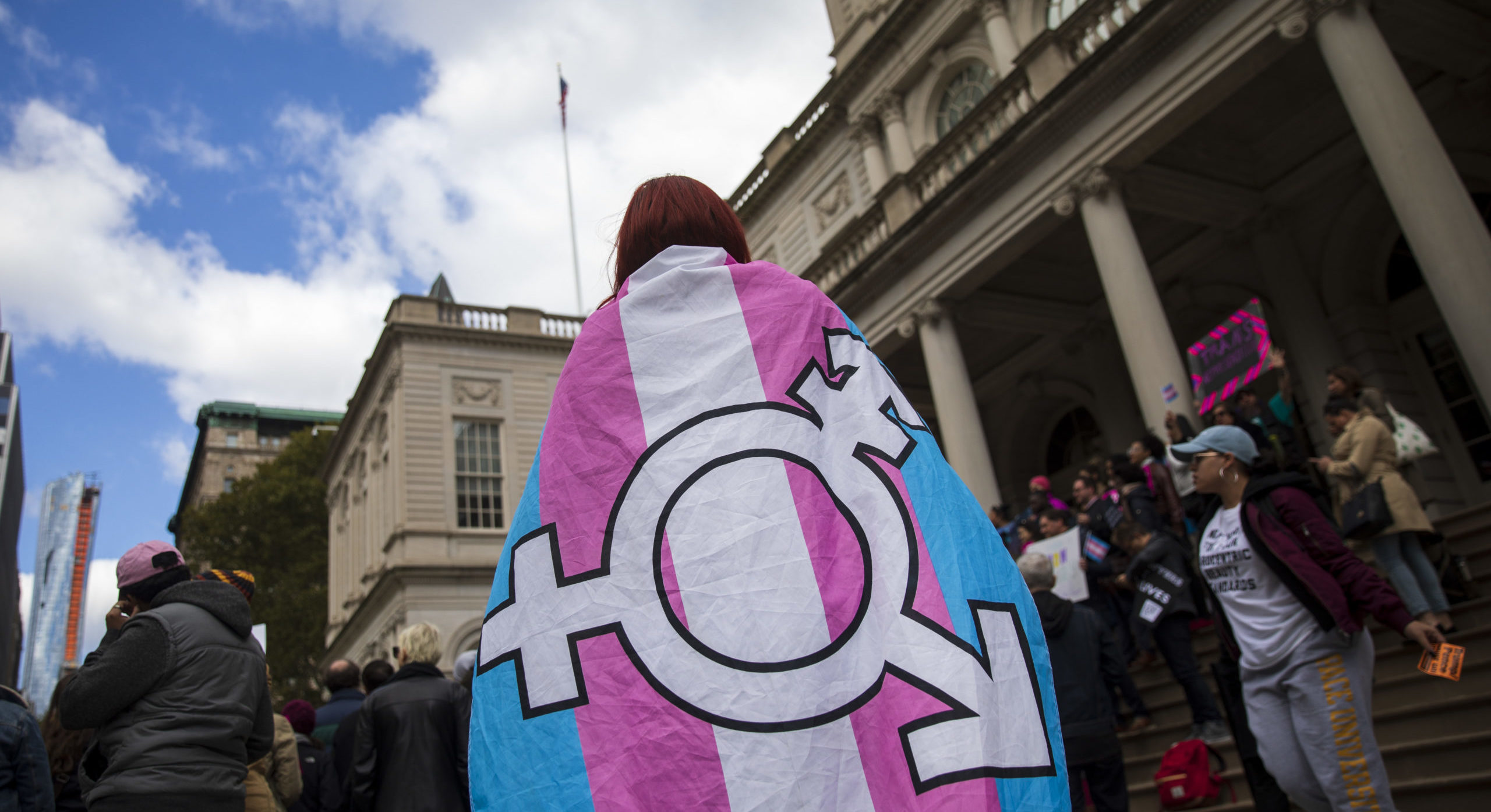The Oxford University Student Union (OUSU) is set to scrap its women’s officer role, and the current occupier of that role — recent history graduate Ellie Greaves — has voiced some extremely mild objections to the idea, for which she is now being dragged over the coals by her fellow students.
The proposal is that Greaves’ role be subsumed into a new position, titled ‘liberation and equality officer’, and she wondered if maybe there was a teensy bit of a chance that this might have some small effects on, you know, women?
Her objections were very reasonable and carefully expressed. Greaves even used the phrase “people with uteruses” to describe sufferers of endometriosis (a group she feels are currently neglected in university policy), and has elsewhere written of organising a “women and non-binary only club night” — something else she was criticised for, as it happens, by students offended that an event “marketed toward straight women” was being held in “a queer venue.” Poor Ellie Greaves just can’t win.
This week’s grovelling apology is quite something:
Although these kinds of post-cancellation apologies always have a bit of a holding-up-today’s-newspaper energy, this example is particularly alarming in its degree of self-abasement. The response to Greaves’ apology on Twitter suggested that I was not the only person to think immediately of the coerced “self-criticism” demanded of those caught up in the Chinese cultural revolution.
This case demonstrates two of the many dangers that come from holding to the blank slate theory of the human mind — that is, the belief that we are not born with any innate traits, but instead develop all of them through experience.
Firstly, it turns out that it’s only a hop, skip and a jump from one already ambitious claim about the human mind, to an even more extreme claim about the human body. That is, the Second Wave feminist commitment to the blank slate theory of gender — the belief that masculine and feminine preferences and behaviour are entirely a product of nurture, not nature — prepared the ground for the far more radical proposition from trans activists. Namely, that the notion of biological difference was also socially constructed — the very proposition that is now seeing women like Ellie Greaves cast out of polite society for being “bio-essentialist.”
The second danger inherent to the blank slate theory is that, if you don’t believe in human nature as such, then it’s easy to persuade yourself that you are radically unlike the people who took part in, for instance, the Cultural Revolution, and that you might therefore be immune to the social dynamics that have produced such atrocities again and again throughout human history.
Funnily enough, the point was put particularly well by Daniel Mallory Ortberg (now Daniel M. Lavery) back in 2016, before Lavery became a trans activist. The title of the piece begins ‘Reasons I Would Not Have Been Burned As A Witch…” and reason number five reads:
I don’t believe in the blank slate, which means that I’m quite comfortable with stating plainly what ought to be a humbling fact: that the brains of the students of 21st century Oxford are really not much different from those of 17th century peasants.











Join the discussion
Join like minded readers that support our journalism by becoming a paid subscriber
To join the discussion in the comments, become a paid subscriber.
Join like minded readers that support our journalism, read unlimited articles and enjoy other subscriber-only benefits.
Subscribe